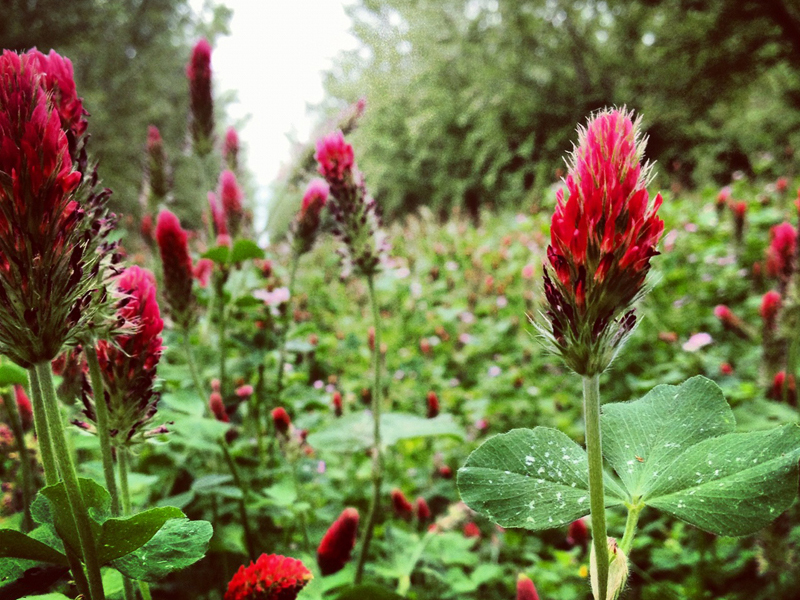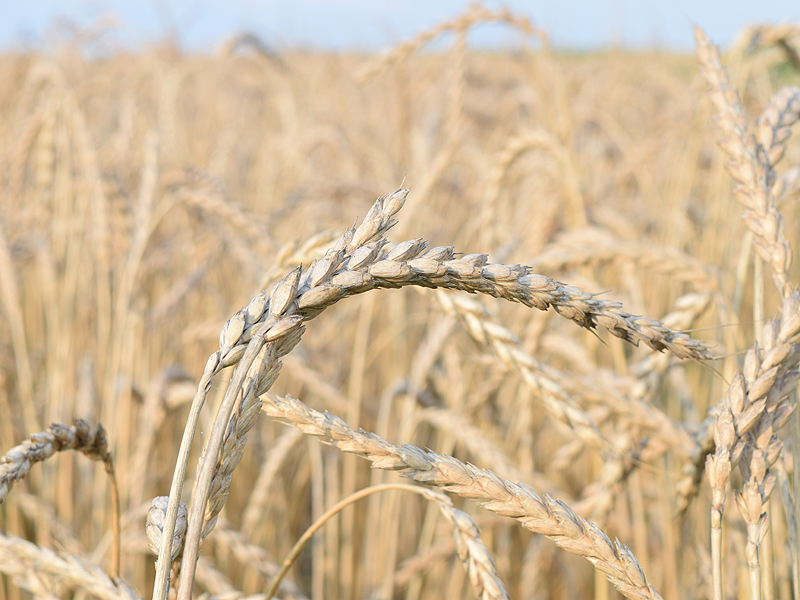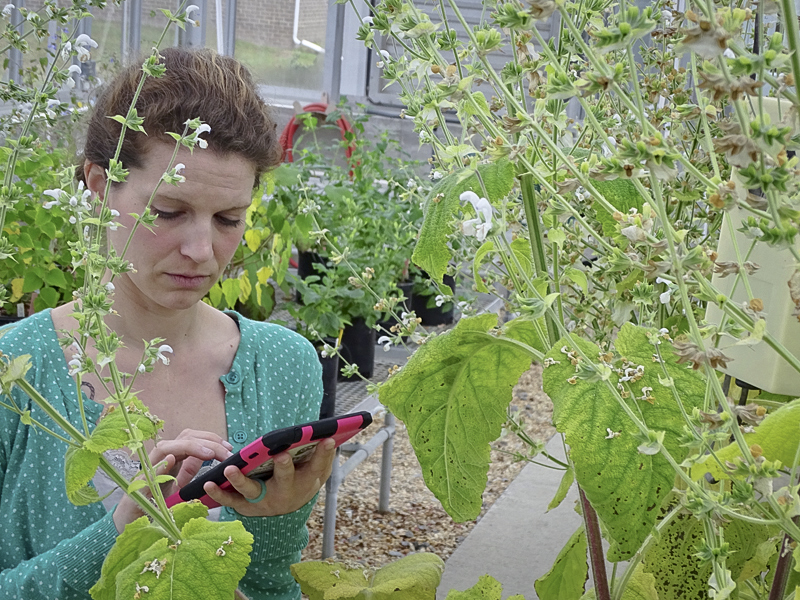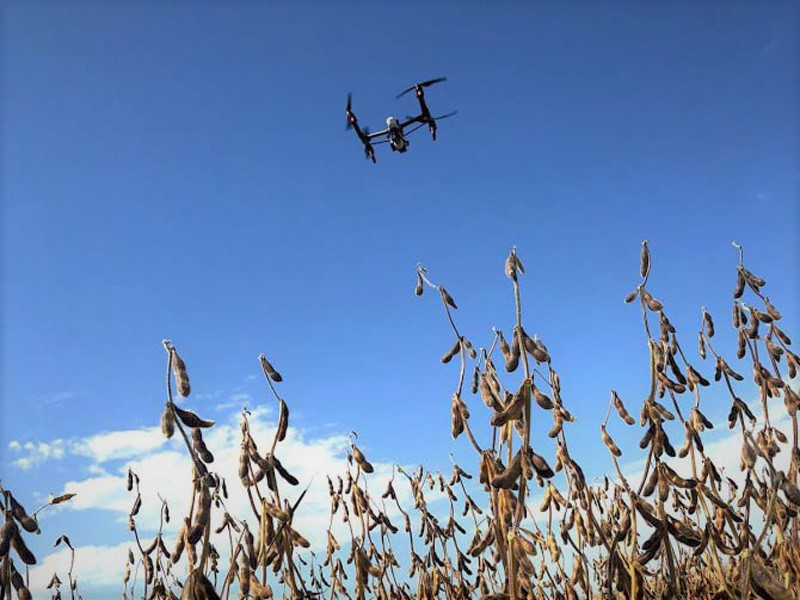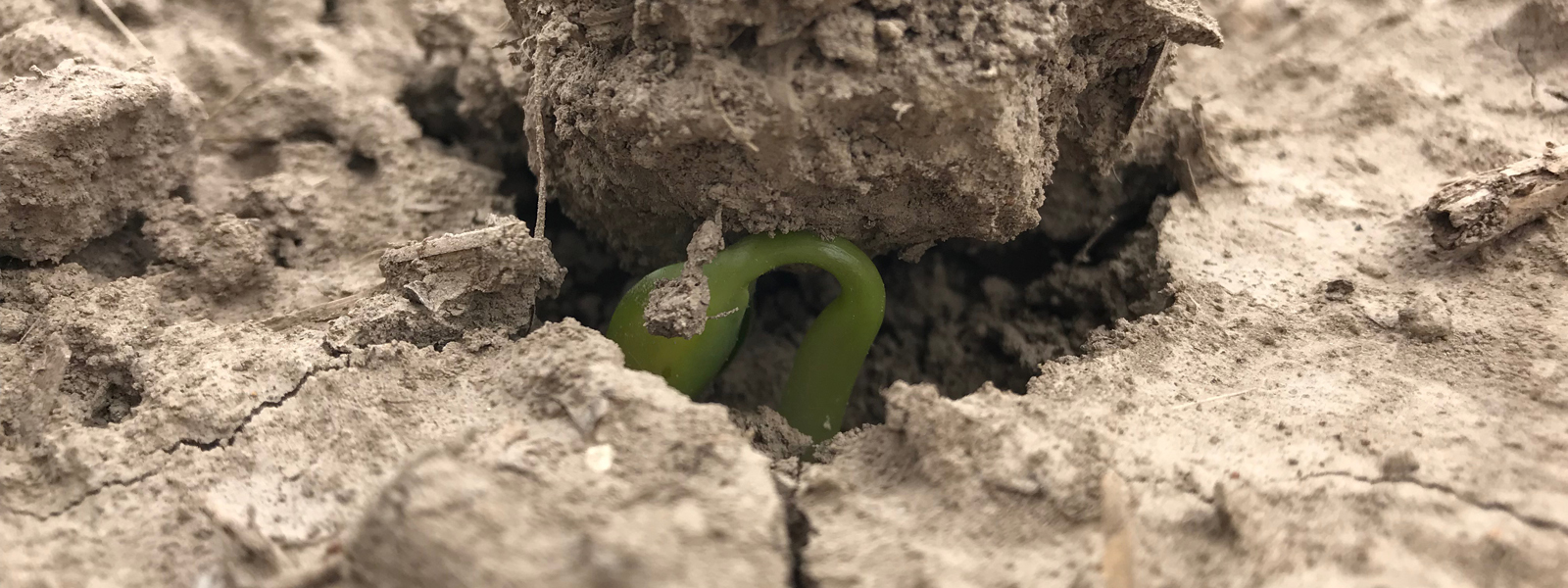
Sustainability
What is crop sustainability?
Just like forests and deserts, farms have unique ways of functioning. Crop ecologists study how agricultural plant communities respond to their surrounding environment. This includes looking at larger ecosystems, such as
- plants’ physical environment,
- weather,
- soil,
- minerals and other elements present,
- the biological needs of the crops and their neighboring plants, and
- fertilizers added.
The field environments that crops grow in are called agroecosystems. By studying these unique environments, scientists can develop ways to improve farmers’ incomes and preserve natural resources. To do this, crop ecologists focus on innovative and sustainable farming systems.
Current challenges in crop sustainability
Meeting food demand while minimizing our environmental footprint is one of the greatest challenges humanity has ever faced. There is less arable land—land good for growing crops. And yet, the world population is growing. Leaders predict global food production must increase by at least 70% by 2050 to support current population growth trends. Water scarcity is also a challenge for crop ecologists. Creating agroecosystems that produce more food with existing—or less—land and water is a top goal.
What advances have we seen in crop sustainability?
Average farm yields for major crops like corn, wheat, rice, and soybeans have increased greatly over the past 50 years. Crop ecologists have played a role in this success! They examined plant genetics to find the best varieties. They researched environmental factors. And they promoted improved farm practices, or management, that contributed to these gains. These insights are the foundation of continuing research. Scientists continue to develop new cultivars, identify the best management practices (see an example here), and investigate what holds back crop yields.
Crop ecologists are now applying a strategy called site-specific management. Farmland varies in soil fertility, topography, and yield potential. Techniques used on one farm may not work on another. In fact, what works in one area of one farm might not work elsewhere on the same farm! Site-specific management means seeds, water, and nutrients are used in a way that is best for that exact piece of land. Precision farming machinery, equipped with satellite or GPS guidance, offers a high-tech solution. The result is more efficient and sustainable treatment of farmland. There is less waste and a better yield (see this example with rice). In this way site-specific management helps reduce the environmental footprint of modern farming operations.
Future opportunities
The world of crop production is constantly changing. Society demands different types of crops for use as food, fuel, or fiber. At the same time, weather and disease challenge production. And a booming human population puts more demand on limited resources for survival.
In response, growers are using more high-tech tools. For example, farmers might use an app on a smartphone or tablet to control their water use. This allows growers to use water more precisely. They can adjust the watering duration, frequency, and other factors depending on local conditions. It’s more common for tractors to have onboard screens for precision planting and field management as well.
But these high-tech tools aren’t limited to the growers’ use. They can also feed the information into a central database for researchers. These large datasets—often called big data—hold great promise, similar to the use of data in other sciences. For example, the medical community has been using big data for decades to improve patient outcomes. More data on the farm, effectively analyzed, can fine-tune decisions. It can help crop ecologists efficiently translate research findings at one location to larger geographic areas.
New technology is being developed every day. Innovative and sustainable management solutions are ever-evolving!

